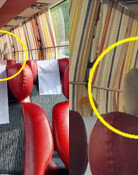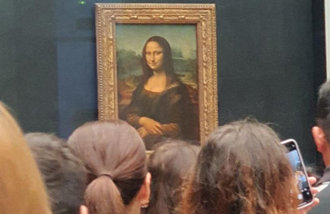Japan raises stem cell study support after Nobel Prize
Japan raises stem cell study support after Nobel Prize
Posted October. 11, 2012 08:33,
Competition between Korea and Japan in stem cell research is expected to heat up with Tokyo stepping up support for the field after Kyoto University professor Shinya Yamanakas receipt of this years Nobel Prize in Medicine for creating so-called induced pluripotent stem (iPS) cells.
The Japanese government will provide up to 20 billion yen (255 million U.S. dollars) or 30 billion yen (383 million dollars) over the next 10 years to support stem cell research.
The Japanese daily Nihon Keizai Shimbun on Wednesday said Japan`s Education, Culture, Sports, Science and Technology Ministry decided to give up to 3 billion yen (38.3 million dollars) per year over the next 10 years to help fund iPS cell research projects. The move is aimed at leading the global competition in regenerative medicine. Observers say it is extremely unusual for Tokyo to commit such long-term support for scientific research.
Yamanaka was honored for creating iPS cells, which can develop into cells such as those of the heart, muscles and nerves with the skin cells of adult mice, opening a new chapter in stem cell research.
Once a global leader in stem cell research due to Hwang Woo-suks work on embryonic stem cells, Korea has been concentrating on studies of adult stem cells after Hwang was discovered to commit fraud. Last year, Korean scientists published 391 theses in adult stem cell research, ranking eighth in the world, while publishing 96 theses on embryonic stem cells to rank seventh.
Korea is rapidly catching up with more advanced economies in iPS research despite being a latecomer to the field. Last year, the country ranked eighth in the world with 26 iPS theses published, and boasts strong growth potential despite lagging far behind the U.S. (310 theses) and Japan (105 theses).
Korea stands out in stem cell-related patents. Korean scientists filed 65 applications for patents in adult stem cell research in the 2010-11 period to rank third in the world, and 21 embryonic stem cell patents over the same period to rank fourth. Korea also applied for nine iPS-related patents to rank third after the U.S. and Japan.
Earlier this year, Seoul announced a plan to invest 100.4 billion won (90.2 million dollars) in stem cell research.
ilju2@donga.com







